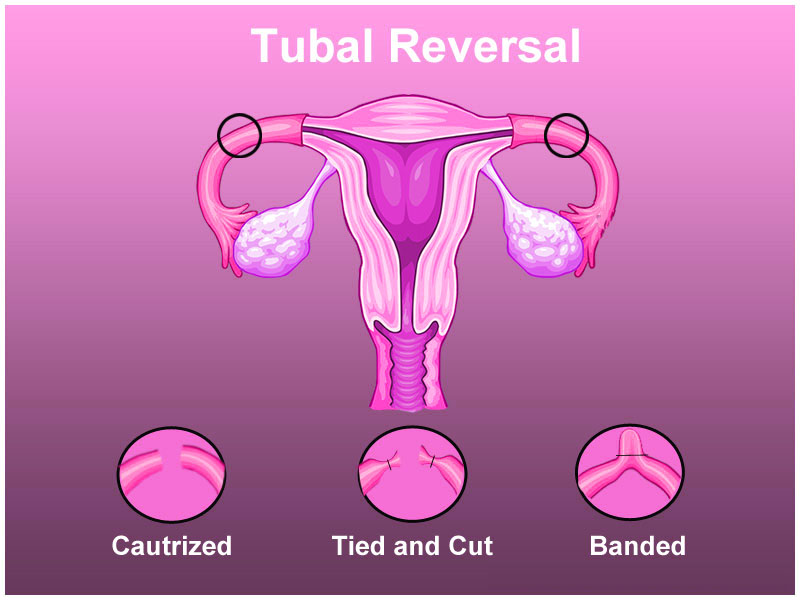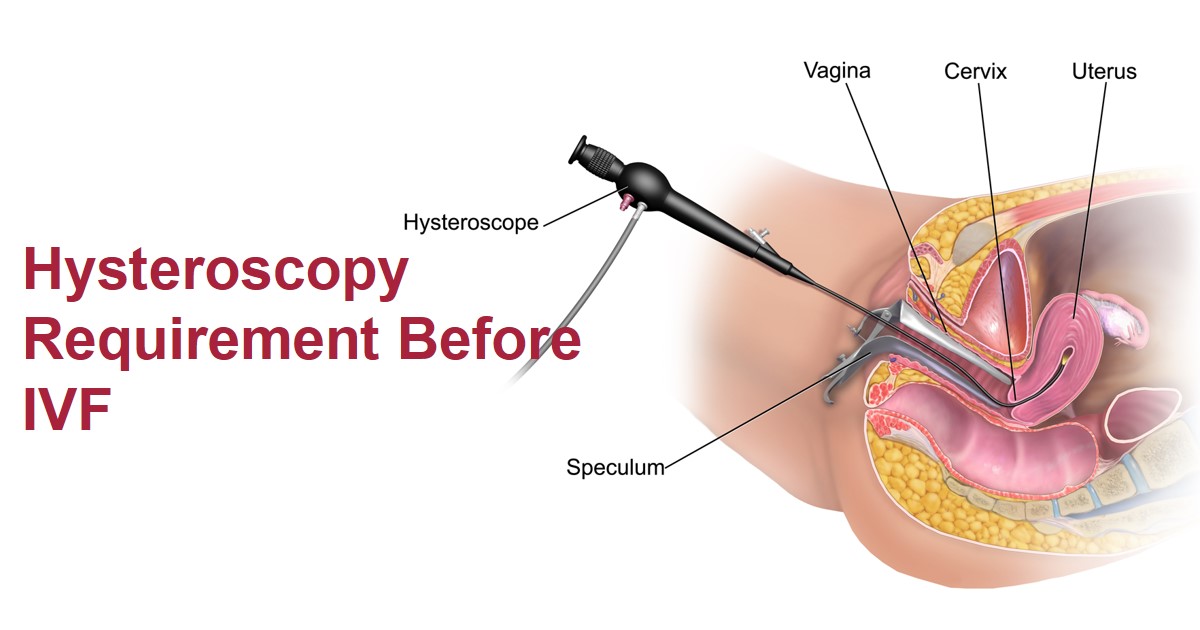Yes, irregular periods can sometimes be a sign of a serious underlying medical condition. While occasional irregularities in menstrual cycles are common and often benign, persistent or severe irregular periods may be indicative of health issues that require medical attention. Some of the serious medical conditions that can be associated with irregular periods include:
1. Polycystic Ovary Syndrome (PCOS): PCOS is a hormonal disorder that can lead to irregular or absent periods, along with other symptoms such as ovarian cysts, weight gain, and increased hair growth. It is a common cause of irregular periods in women of reproductive age.
2. Thyroid Disorders: Conditions like hypothyroidism (underactive thyroid) or hyperthyroidism (overactive thyroid) can disrupt the menstrual cycle and cause irregular periods.
3. Uterine Fibroids: These noncancerous growths in the uterus can lead to heavy or prolonged menstrual bleeding and irregular periods.
4. Endometriosis: Endometriosis is a condition in which the tissue that normally lines the uterus grows outside of it. This can result in painful periods and irregular bleeding.
5. Pelvic Inflammatory Disease (PID): PID is an infection of the female reproductive organs that can lead to pelvic pain, abnormal bleeding, and irregular periods.
6. Ovarian or Uterine Cancer: In rare cases, irregular periods can be a sign of ovarian or uterine cancer, particularly if accompanied by other concerning symptoms.
7. Eating Disorders: Conditions like anorexia nervosa or bulimia can disrupt hormonal balance and lead to irregular periods.
It’s important to note that irregular periods alone do not necessarily indicate a serious medical condition. Many women experience occasional irregularities due to factors like stress, changes in weight, or minor hormonal fluctuations.
However, if you consistently experience irregular periods, have severe pain, heavy bleeding, or other unusual symptoms, it’s advisable to consult a healthcare provider. They can perform a thorough evaluation, including medical history, physical examination, and, if necessary, diagnostic tests to identify the underlying cause and provide appropriate treatment or management. Early diagnosis and intervention can be essential in addressing any potential serious medical conditions related to irregular periods.
Consult a gynecologist Dr. Arohi Tasgaonkar for personalized advice and guidance at Gynecologist in Ghodbunder Road, Thane at Complete Women’s Care



